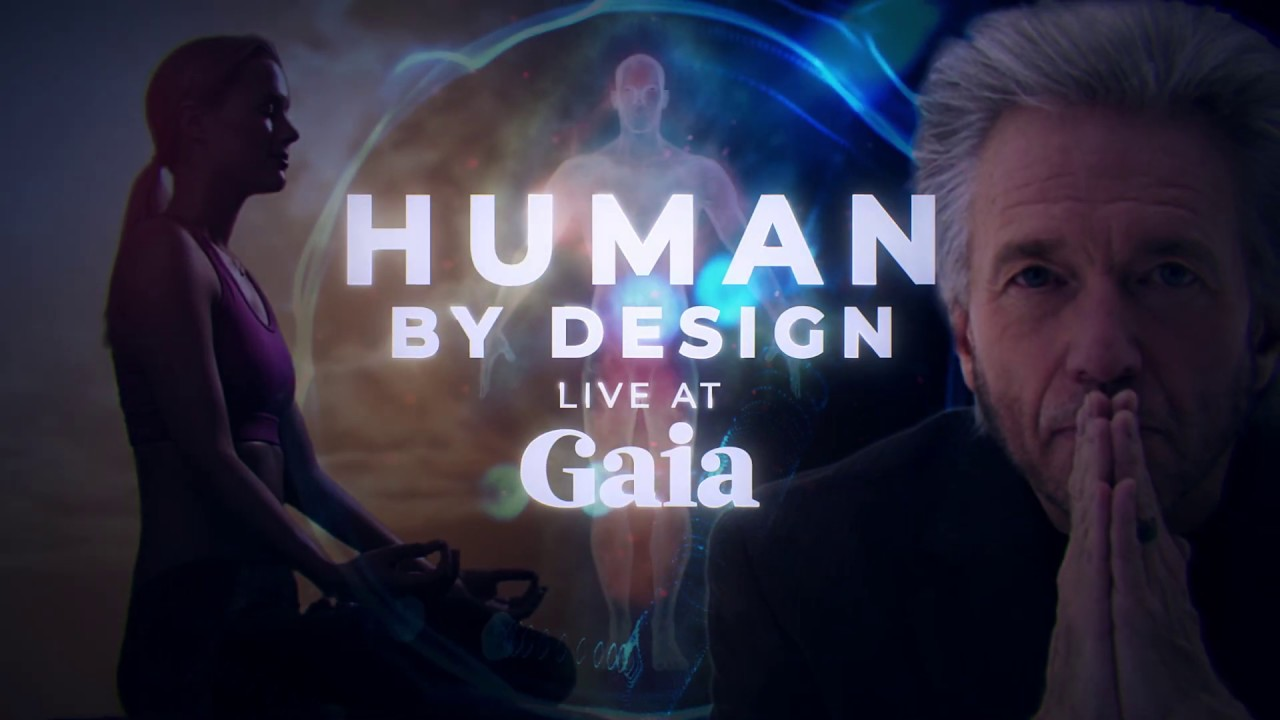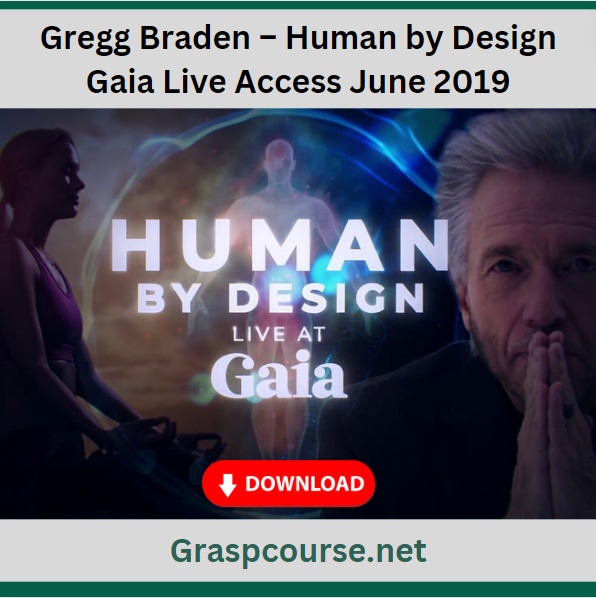Gregg Braden – Human by Design Gaia Live Access June 2019
$99.00 Original price was: $99.00.$35.00Current price is: $35.00.
Gregg Braden Human by Design Gaia Live Access June 2019 Course [Download]

1️⃣. What is Human by Design Gaia Live Access June 2019:
Gregg Braden’s course explores human potential through neuro-cardiology, the heart-brain connection. It challenges traditional scientific views on human capabilities.
The insights aim to improve health, relationships, and wellbeing. The course encourages a new perspective on personal potential and abilities.
? PROOF OF COURSE

2️⃣. What you will learn in Human by Design Gaia Live Access June 2019:
In this engaging course, you’ll gain profound knowledge about:
- The emerging field of neuro-cardiology and its implications.
- How to harness the power of your heart’s neural connections.
- Rewriting the narrative of human evolution and potential.
- Practical applications to enhance your daily life and relationships.
- Understanding the scientific evidence that challenges traditional views.
- Strategies for personal growth and transformation.
This course is an eye-opener that challenges conventional beliefs and empowers you with new insights into your capabilities and future.
3️⃣. Human by Design Gaia Live Access June 2019 Course Curriculum:
The curriculum for “Human by Design” with Gregg Braden is delivered through a comprehensive set of 10 video lectures paired with 10 corresponding audio sessions. These materials are designed to provide a thorough exploration of how emerging sciences like neuro-cardiology can redefine our understanding of human potential.
The complete set allows for a flexible learning experience, enabling participants to delve into the intricacies of the human heart-brain connection and its impact on personal and societal evolution at their own pace.
4️⃣. Who is Gregg Braden?

Gregg Braden, a renowned pioneer in bridging science and spirituality, brings over three decades of research into ancient wisdom and modern science. Starting his career in the high-tech environments of the aerospace and defense industries during the Cold War, he transitioned to exploring the deepest mysteries of human existence.
His groundbreaking discoveries, particularly regarding the human genome and the pattern of fractal time, have placed him at the forefront of evolutionary thought. A recipient of numerous awards and a perennial figure in lists of the world’s top spiritual influencers, Gregg’s work continues to resonate across global audiences.
5️⃣. Who should take this course?
This course is tailored for individuals who are:
- Curious: Those eager to explore the cutting-edge intersection of science and human potential.
- Visionary: Individuals seeking to transcend traditional boundaries of thought and discover new paradigms.
- Practical: Anyone looking to apply these insights to enhance their personal and professional lives.
- Innovative: Professionals in the fields of science, healthcare, and education, who wish to lead transformational change.
This course promises to enrich your understanding of what it means to be truly human in the modern world.
6️⃣. Frequently Asked Questions:
Q1: What do neural connections in the brain do?
Neural connections in the brain help transmit information between different brain areas and between the brain and the rest of the body. They play a crucial role in everything we do, from moving and speaking to thinking and feeling.
Q2: What strengthens neural connections?
Strengthening neural connections can be achieved through various activities that challenge the brain, such as learning new skills, solving puzzles, and regular physical exercise. Healthy eating and getting enough sleep also contribute significantly to brain health.
Q3: What is the connection between the brain and heart?
The connection between the brain and heart is vital for our wellbeing. The brain sends signals to the heart to help regulate its rhythm and rate, while the heart sends signals back to the brain about blood pressure and stress levels.
Q4: How did humans evolve?
Humans evolved over millions of years from early ape-like ancestors. Changes in genetic makeup over generations led to new traits, such as bipedalism (walking on two legs) and larger brains, which helped humans adapt to changing environments.
Q5: What is evolutionary science?
Evolutionary science studies how life changes over generations. It explores how organisms evolve through changes in their DNA that affect how they look, behave, and interact with their environments. This field helps us understand the diversity of life on Earth and the processes that drive evolution.
Q & A
Related products
Personal Development
Personal Development
Personal Development
Personal Development
Personal Development
Personal Development
Harinder Singh Sabharwal – 3 Hands Deep – Wing Chun Talking Hands
Personal Development
Personal Development












Reviews
There are no reviews yet